Earth And Environmental Sciences
-
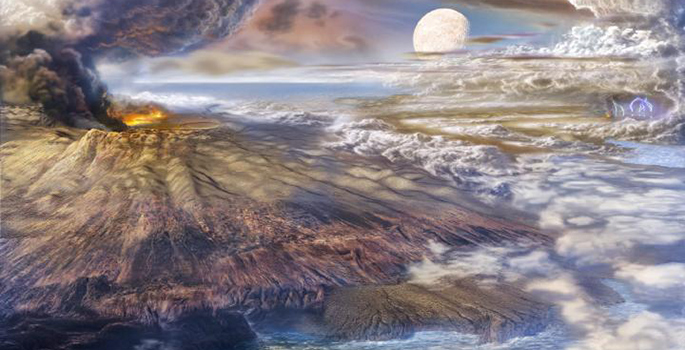
Early Earth less hellish than previously thought
Conditions on Earth in its first 500 million years may have been cool enough to form oceans of water instead of being hellishly hot. Read MoreSep 15, 2014
-
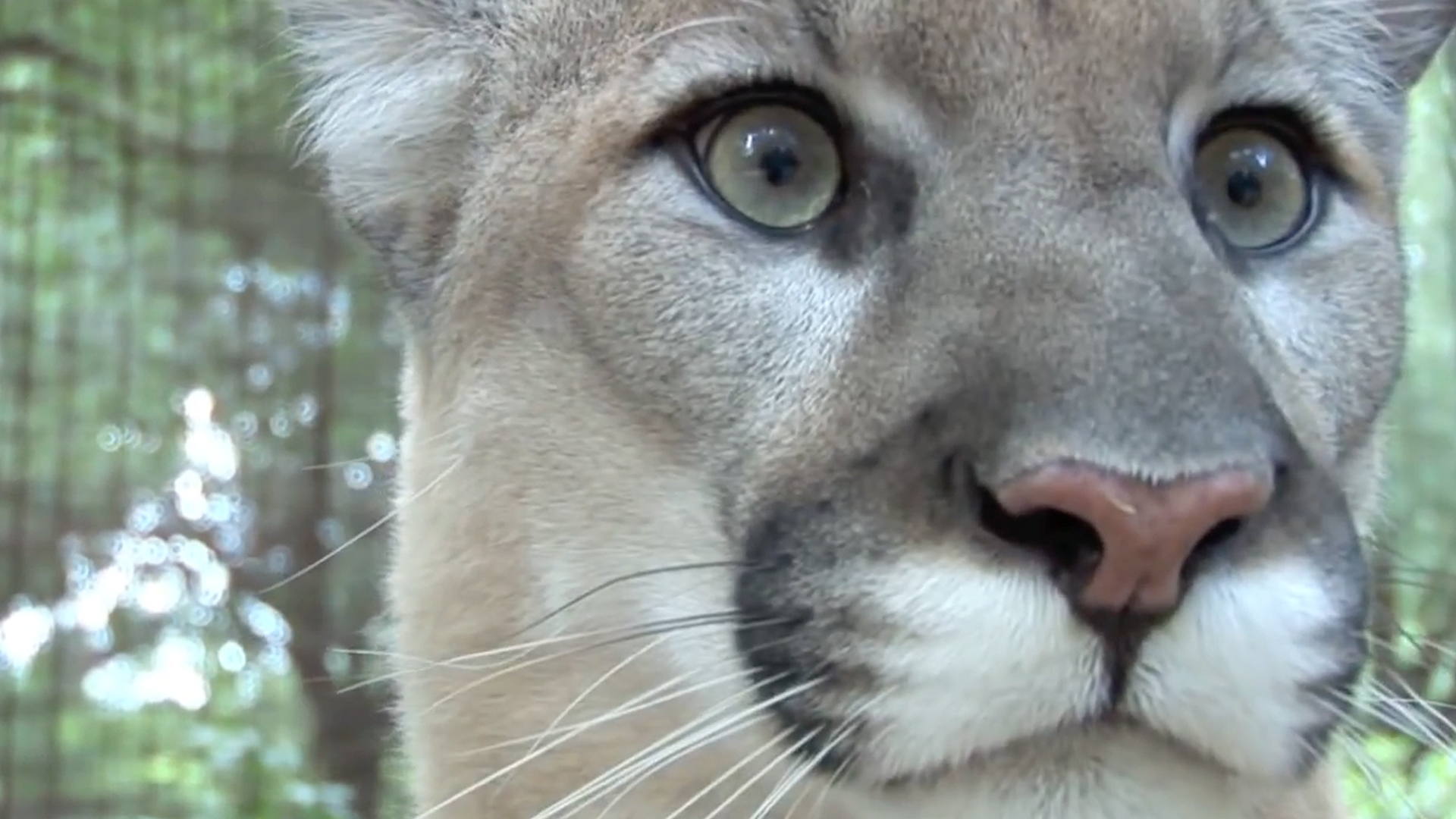
VUCast: Cougar Cravings
In the latest VUCast: See what cougars eat to help them avoid extinction; look inside Warren and Moore colleges, Vanderbilt’s newest living-learning community; and hear what Commodore football coaches are doing to create a winning team. Watch now! Read MoreJul 29, 2014
-

Cougars’ diverse diet helped them survive the mass extinction that wiped out the saber-tooth cat, American lion
Cougars may have survived a mass extinction that took place about 12,000 years ago because they were not particular about what they ate. Read MoreApr 22, 2014
-
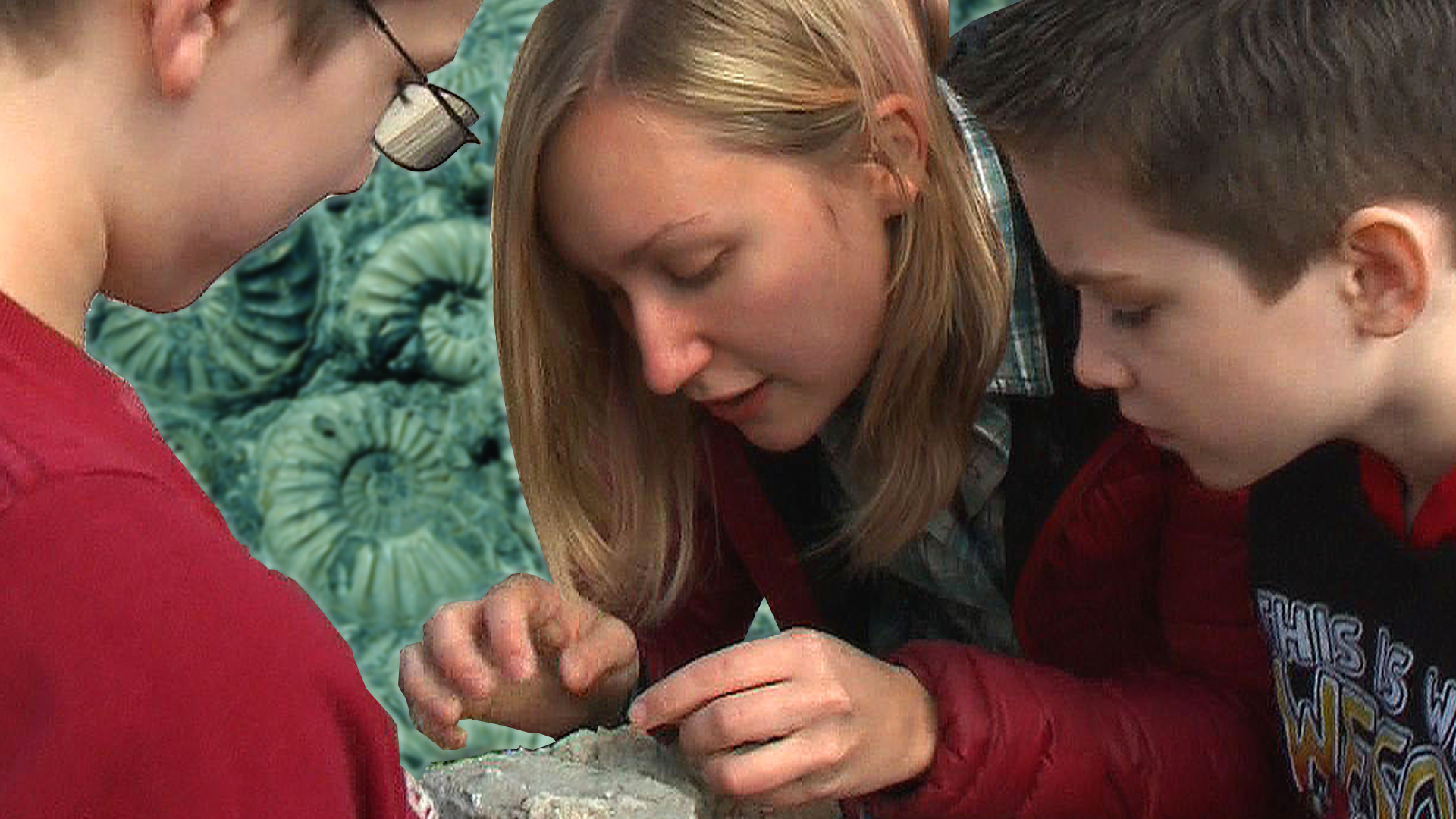
Fossil Finds
Vanderbilt Earth and Environmental Sciences Professor Molly Miller is used to searching for ancient clues deep in Antarctica. Now Miller and her students are sharing their fossil-hunting skills a little closer to home. … Read MoreApr 16, 2014
-
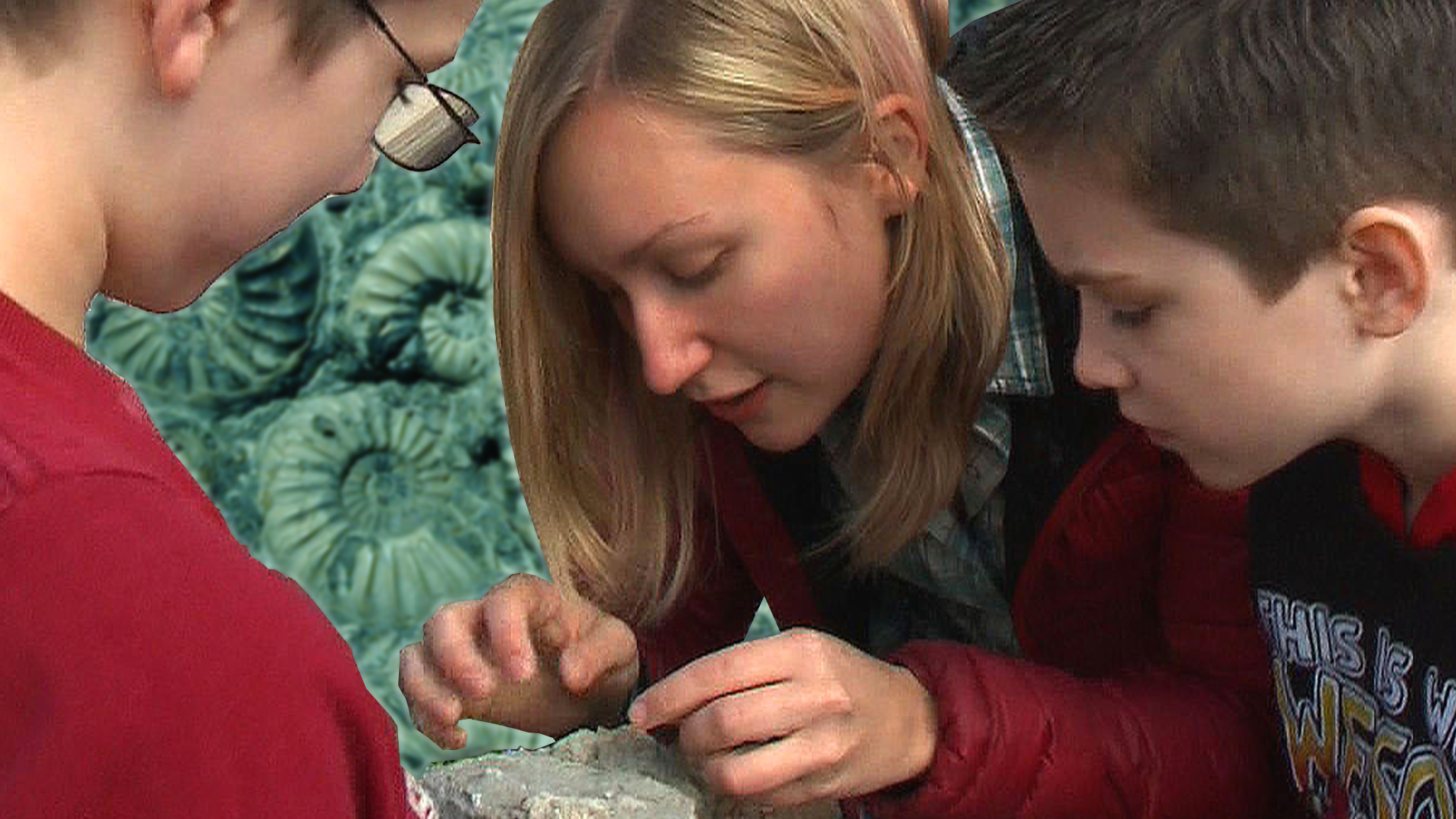
VUCast: Fossil Finds – see the ancient discoveries these kids are digging up
See the ancient discoveries these kids are digging up; learn about major progress in Parkinson’s research; and a throwback video! See Johnny Cash’s connection to Vanderbilt. All this and more in the latest VUCast, Vanderbilt’s online newscast. Watch now. Read MoreApr 16, 2014
-
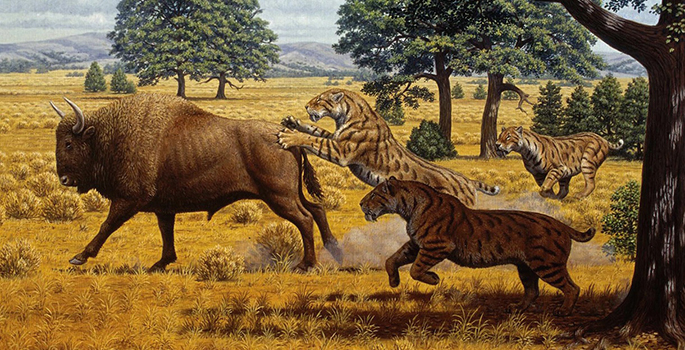
Academic Minute: Larisa DeSantis on “Megafauna diets and extinction”
In today’s Academic Minute, Dr. Larisa DeSantis of Vanderbilt University reveals what North America’s largest predators were eating just before they died out. Read MoreFeb 18, 2013
-

Engineer, astronomer and geologist receive NSF Faculty Early Career Development awards
An electrical engineer who is attempting to make wireless communications more reliable, an astronomer who studies the evolution of the cosmos by creating large numbers of virtual universes and a geologist who is studying the origins of super-eruptions have received the National Science Foundation’s Faculty Early Career Development awards. Read MoreAug 9, 2012
-
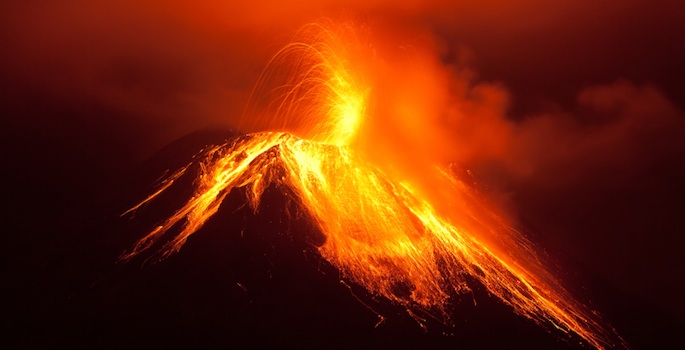
Super-eruptions may have surprisingly short fuses
Super-eruptions are potentially civilization-ending events and new research suggests that they may have surprisingly short fuses. Read MoreMay 30, 2012
-
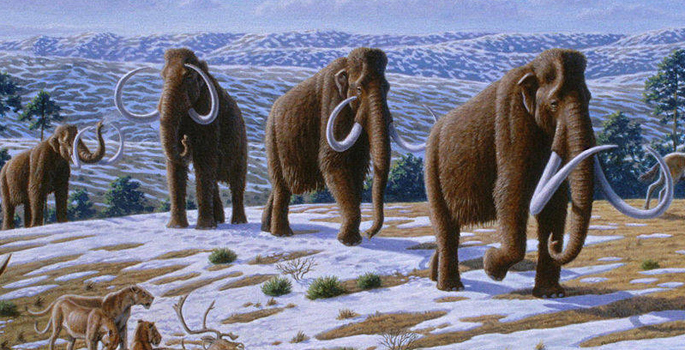
Diversity aided mammals’ survival over deep time
The first study of how mammals in North America adapted to climate change in “deep time” found that taxonomical families with greater diversity were more stable and maintained larger ranges than less diverse families. Read MoreApr 23, 2012
-
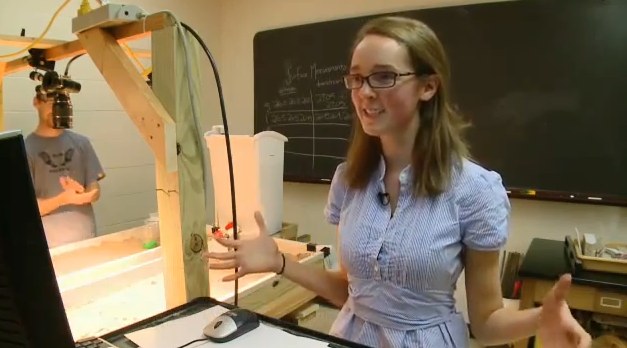
Research collaboration with Grace Loy, Earth and Environmental Sciences and Philosophy double major
You could say Earth and Environmental Sciences and Philosophy double major Grace Loy spends her days playing in a sandbox. But this undergrad is working on collaboration with one of Vanderbilt’s top researchers that could make a dramatic difference. Read MoreJun 13, 2011
-

Noted photographer, environmental activist J Henry Fair talks ‘Industrial Scars’ March 1 at Vanderbilt University
Operation at BP Macondo spill in Gulf of Mexico (photograph by J Henry Fair, 2010) Noted photographer and environmentalist J Henry Fair will give a talk on and do a slide presentation of images from “Industrial Scars,” his exploration of the detritus of consumer society through large-scale aerial… Read MoreFeb 17, 2011
-
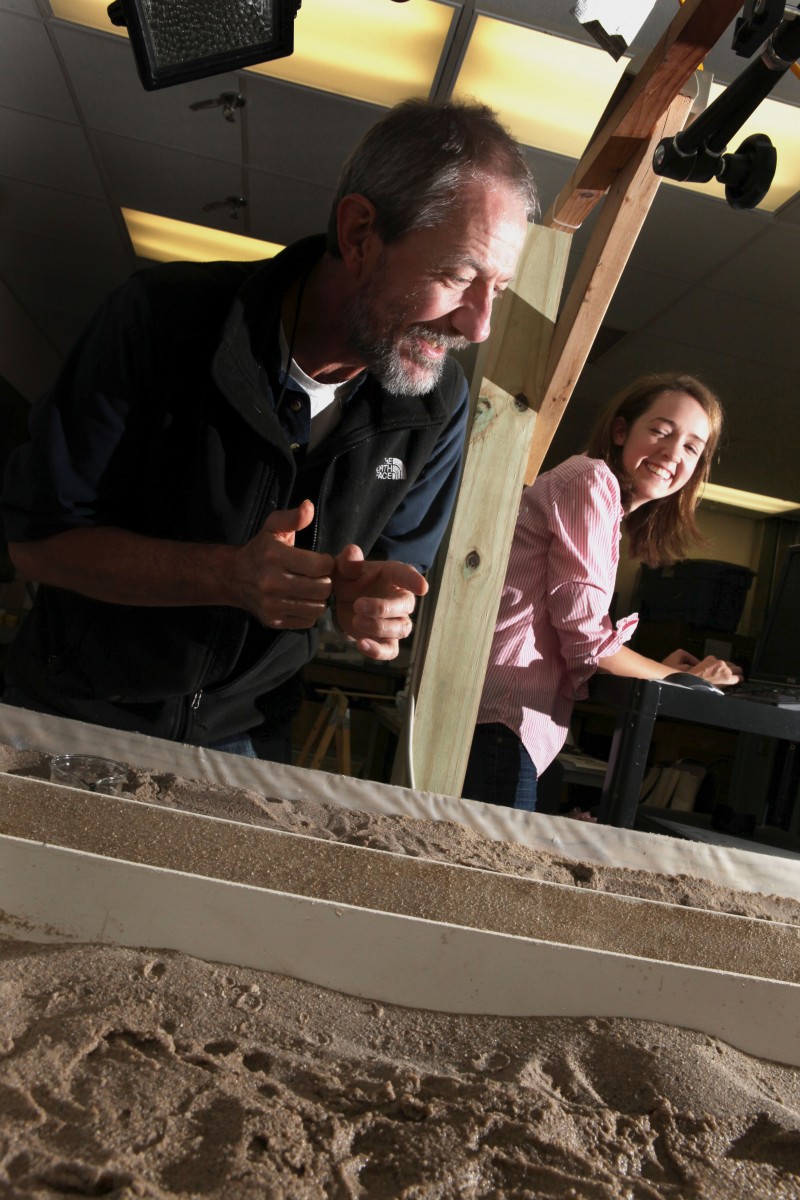
Tackling the erosion of a special river island
E&ES Professor David Furbish and students Grace Loy and John Rosenberry study the dynamics of the Columbia River around Locke Island, an island sacred to Native Americans endangered by erosion, in order to help determine how best to preserve the site. Read MoreDec 14, 2010